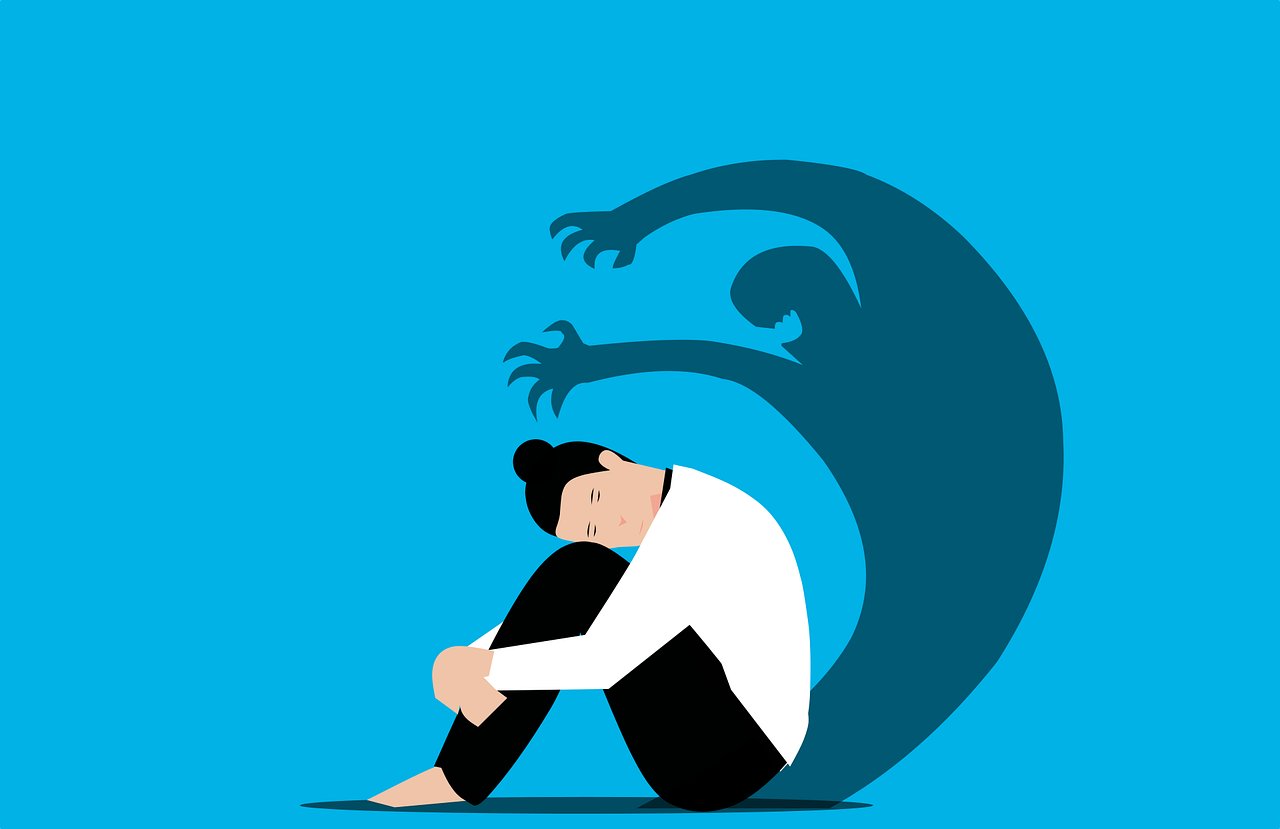Blog


Borderline Personality Disorder and Relationships
Let's talk about borderline personality disorder (BPD) and relationships. The first thing we want to do is recognize the traits of borderline personality disorder. People with BPD tend to have an intense fear of being left alone or abandoned. Regardless of whether such abandonment is real or imagined, the individual may take extreme measures to avoid possible separation or rejection.

Preparing for the Posts Ahead and FOMO: How to Deal with the Fear of Missing Out as We Begin Festival Season
All generations are now familiar with social media – from creating and sharing posts about their weekend adventure to sharing the next up-and-coming restaurant that just popped up. It is without a doubt that we all feel the excitement to share with our family, friends, and followers on the most exciting times of our lives, however have we ever taken the chance to reflect on that feeling that we are missing out on events, festivals, opportunities that others share on their feed?

Depression: recognizing the signs, how to cope, and where to find help
Depression can make it tough to enjoy life, especially when feelings of despair and hopelessness always persist. Here are some tips and helpful ideas for overcoming depression.

Accidents Happen to All of Us
It is important to remember we are sometimes overtaken by our intense pain, both physically and emotionally, that it is easy to overlook the good and where we can improve our own environment to support healthy functions.

The Meaning of Life: Less Intimidating Than It Sounds
Ultimately, we can’t prevent all bad things from happening to us, and we can’t avoid pain and loss forever. But experiencing terrible things feels… well, terrible. So, if part of the human experience is accepting the reality of pain and loss, what’s an ordinary human to do about it? How can we find a sense of purpose or meaning in the midst of a pandemic, war, political unrest, chronic illness, or anything else we might face in life?

Teens are More Prone to Anxiety
Teens are affected with higher rates of anxiety, with nearly 1 in 3 teens meeting the criteria for an Anxiety Disorder.

Gratitude: How To Find It And How To Use It
Whether your difficulties preceded or were brought on by or during the pandemic—from health, grief and loss, depression, anxiety, stress, and financial problems, to work-related, family, and relationship issues—you are NOT alone! The important thing to remember, no matter which difficulties resonate, is that we are here for you and can help. Finding gratitude in your every day can also help.

For The Love of Fido: Pets and Your Mental Health
The benefits of owning a dog (or any pet) are well documented. Reduction in high blood pressure, increased immunity, manageable cholesterol levels, and a lowered risk of heart disease are just a few of the physical health benefits that Fido and Fluffy bring to your life.

Have You Gotten Boosted For Self-Esteem?
Oftentimes, the focus is given to low self-esteem rather than high self-esteem. People are encouraged to esteem themselves higher and think positively when it comes to their sense of self. How do you know where you lie on the self-esteem spectrum?
